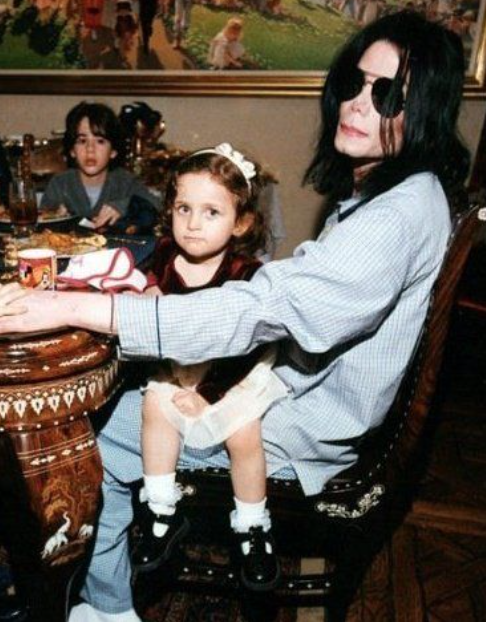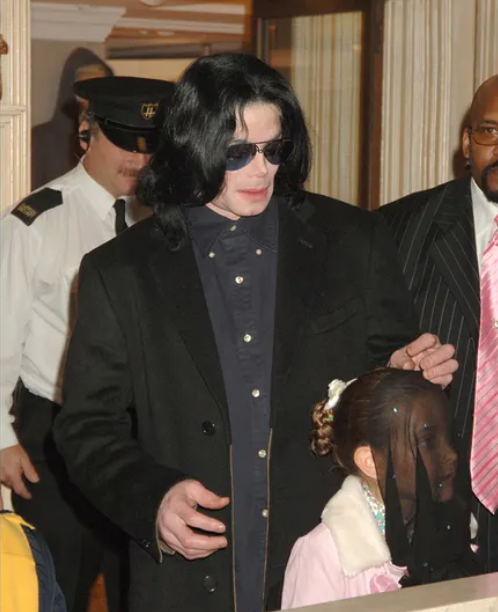Paris Jackson’s recent interview, where she openly discussed her identification as a black woman, has sparked intense reactions online. Despite her father, the late Michael Jackson, being an iconic figure known for his African-American heritage, Paris’s white appearance has led to questions about her choice to identify as black.

Paris reflected on her upbringing and how her father encouraged her and her siblings to embrace their heritage, despite rumors questioning their biological ties. She emphasized her African-American roots and discussed the challenges faced by white-presenting biracial individuals like herself. These challenges include navigating a complex racial identity and feeling detached from or struggling to fully connect with their black identity.
The internet’s response was mixed, with some supporting her acknowledgment of her black identity and sharing similar experiences. However, others expressed skepticism due to her appearance, highlighting the complexities faced by white-presenting biracial individuals in navigating their racial identity.

Media personality Wendy Williams contributed to the conversation, noting the differences in experiences between white-passing biracial individuals and those with a more visibly black appearance. She emphasized the importance of understanding privilege and the unique challenges faced by people of color.

The discussion surrounding Paris Jackson’s interview underscores the need for education and awareness of systemic racism and privilege. While acknowledging one’s heritage is important, it’s crucial to recognize the inherent advantages that come with white or white-presenting privilege and work towards creating a more equitable future for all. This acknowledgment will open up a path towards systemic change for a better future.





